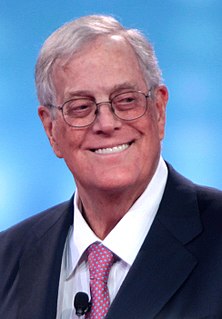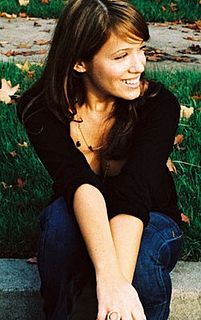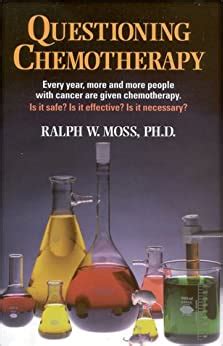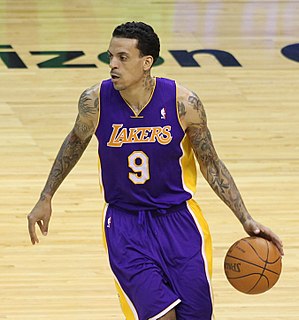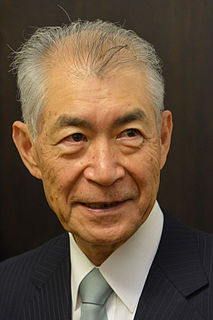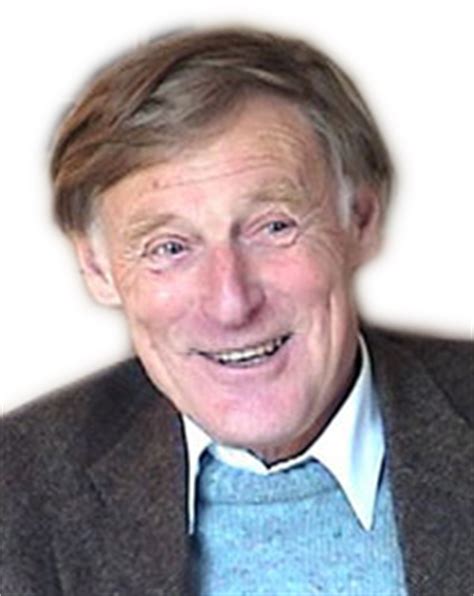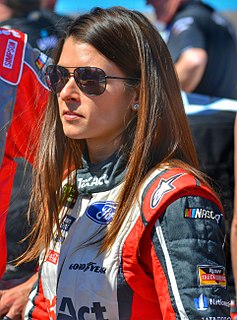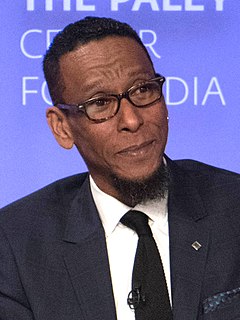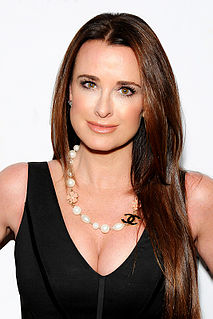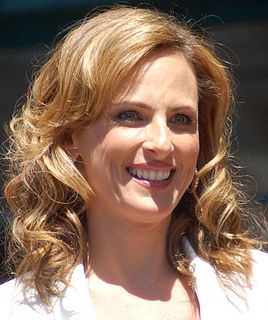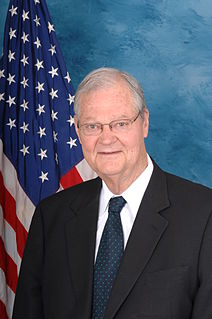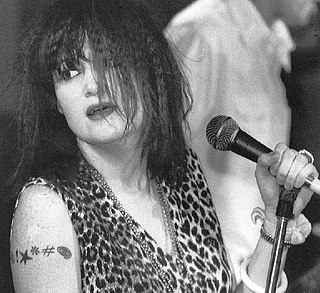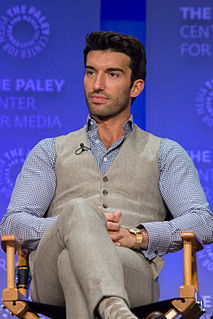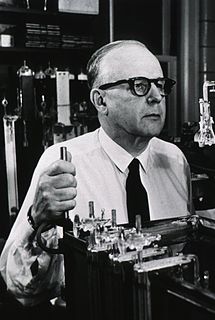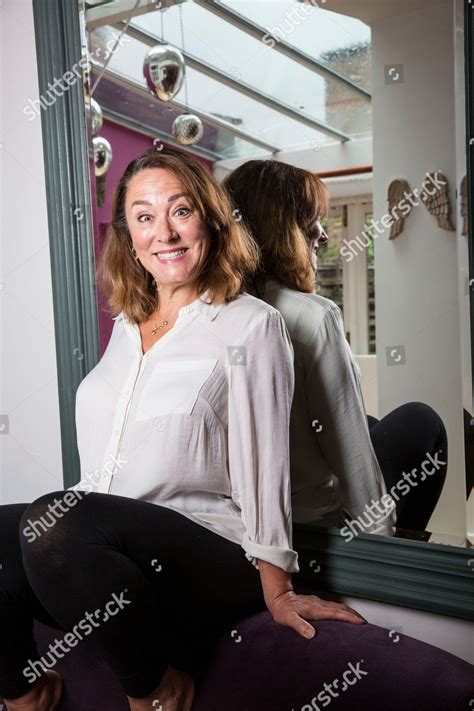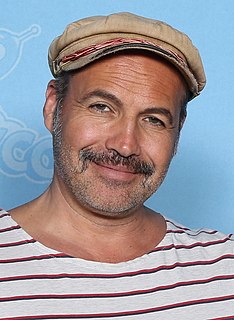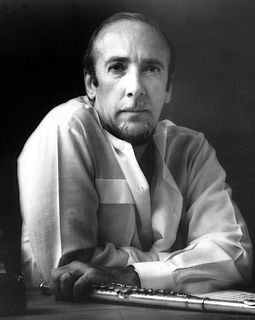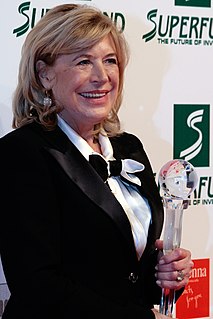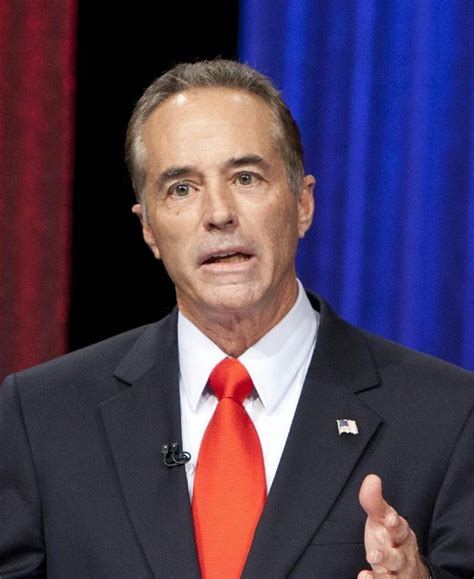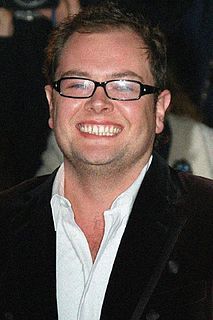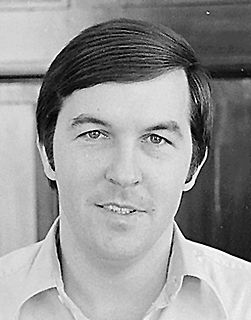Top 1200 People With Cancer Quotes & Sayings
Explore popular People With Cancer quotes.
Last updated on November 21, 2024.
Kanematsu Sugiura.....took down lab books and showed me that in fact Laetrile is dramatically effective in stopping the spread of cancer. The animals were genetically programmed to get breast cancer and about 80 - 90% of them normally get spread of the cancer from the breast to the lungs which is a common route in humans, also for how people die of breast cancer, and instead when they gave the animals Laetrile by injection only 10-20% of them got lung metasteses. And these facts were verified by many people, including the pathology department.
You've got to get away from the idea cancer is a disease to be cured. It's not a disease really. The cancer cell is your own body, your own cells, just misbehaving and going a bit wrong, and you don't have to cure cancer. You don't have to get rid of all those cells. Most people have cancer cells swirling around inside them all the time and mostly they don't do any harm, so what we want to do is prevent the cancer from gaining control. We just want to keep it in check for long enough that people die of something else.
The man in the street has unfortunately been sold the idea that the breakthrough cure for cancer is just around the corner... The very prospect of effective treatment seems so remote that it doesn't even enter into the speculative day-to-day conversation of people engaged in cancer research... New treatments have not produced any detectable decline in the total annual cancer mortality, even for children.
I don't believe in cancer walks. Well, I believe in them because they exist but I'd rather just give money straight up and save my Saturday afternoon. I can make my own t-shirt, that's not incentive. Plus I don't think cancer responds to how far people walk. I don't think cancer's sitting at home, 'What? How many people walked how far? How many people walked how far wearing the same shirt? That's crazy! I'm out of here!' Remission.
One of the pitfalls about writing about illness is that it is very easy to imagine people with cancer as either these wise-beyond-their-years creatures or these sad-eyed tragic people. And the truth is, people living with cancer are very much like people who are not living with cancer. They're every bit as funny and complex and diverse as anyone else.
For people who are afraid to talk about cancer, for people who are afraid to communicate with their loved ones about it, and for the people who want to pretend cancer doesn't exist, either delaying diagnosis or not getting regular checkups, the consequences can be fatal. Doing nothing about cancer will kill you.
You know, cancer is bipartisan. I mean, there are so many people whose lives are touched and changed by cancer that people are willing to work together to find cures, find solutions, make lives better for cancer patients. So I think people put politics aside. This isn't a political thing. This is a life issue.
When people get cancer now, the first thing you do is you go to some doctors to get some advice, figure out what to do. People live a long long life after a cancer diagnosis. Not that it's not scary. The people I know have done so many stupid things. And they're still alive. Just being alive at this point is kind of icing on the cake.
The decrease in incidents of death from cancer is largely attributable to new medicines or therapeutics. Perhaps a third is attributable to changing our environment, and that includes of course smoking which I believe accounted for probably 20 percent of deaths from, certainly from lung cancer, more than that from lung cancer, but from cancer overall.
Cancer is manageable. That if you deprive cancer of what it wants, by proper nutrition, avoiding toxins, avoiding chemicals and pharmaceuticals, sleeping well, eliminating stress, and balancing hormones with natural bioidentical hormones, you have a real shot at keeping your cancer at bay. In this way, you are managing your cancer.
I would never call myself a cancer survivor because I think it devalues those who do not survive. There's this whole mythology that people bravely battle their cancer and then they become survivors. Well, the ones who don't survive may be just as brave, you know, just as courageous, wonderful people.
To be diagnosed with cancer was a frightening thing, and my first reaction was sheer panic, but I was really fortunate that the cancer was caught at such an early stage that I didn't need chemo or radiotherapy. But I know that cancer is a chronic condition, and once you've had it, you're on the list, because it can come back.
The development of a strategic plan for cancer prevention in medical schools that is supported by all stakeholders - including the medical community, government, the insurance industry, cancer advocacy groups and all those dedicated to cancer prevention - will be the key to inspiring patients to live lifestyles that will decrease cancer risk.
